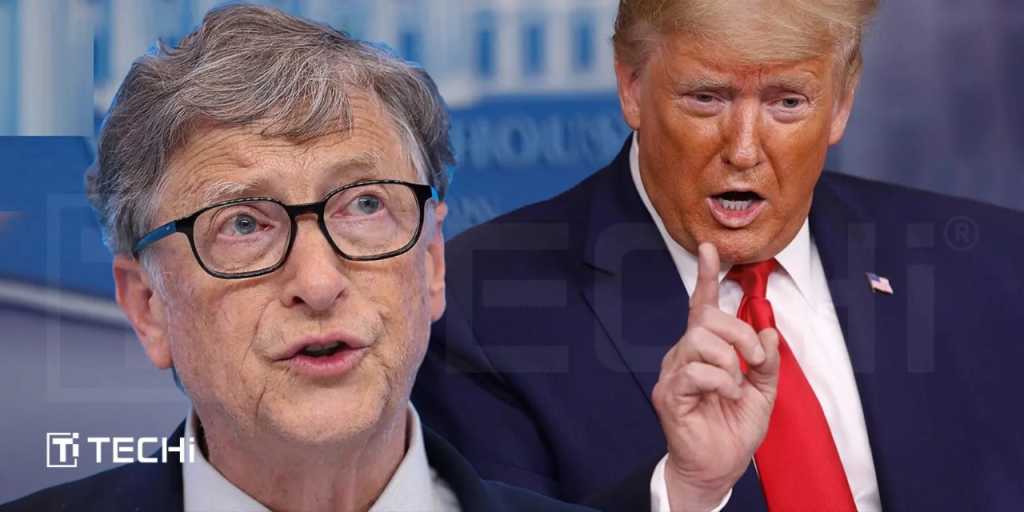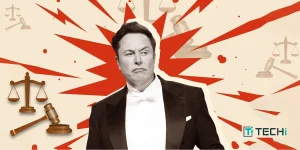The European Union (EU) is reassessing its approach to artificial intelligence (AI) regulations, which could create significant opportunities for Apple, Google, Microsoft, and other major U.S. technology companies. According to a report by the Financial Times,
“The European Union is looking to scale back certain regulatory restrictions on AI to attract more investment and boost competitiveness in the global AI sector. Henna Virkkunen, the European Commission’s digital policy chief, emphasized that the EU’s objective is to ‘help and support’ AI-driven businesses while ensuring that compliance obligations do not create unnecessary barriers to growth.”
This potential shift in policy comes as the EU faces increasing pressure to balance technological advancements with regulatory oversight. The proposed AI Act, which categorizes AI technologies based on their risk levels, imposes stricter regulations on high-risk models such as GPT-4 and Google Gemini. However, the latest discussions indicate that the European Commission may seek to minimize reporting obligations for European businesses to prevent excessive regulatory burdens.
EU’s Changing AI Policy and Industry Reactions
Henna Virkkunen, the European Commission’s digital policy chief, stated in an interview with Euractiv that the EU’s goal is to “help and support” companies while ensuring responsible AI development. She emphasized that European businesses should not be overwhelmed by compliance requirements that could hinder their global competitiveness.
In a parallel development, the European Commission has withdrawn a proposed AI liability directive, signaling an effort to streamline AI regulations. An upcoming AI code of practice, expected to be introduced in April 2025, aims to align existing AI laws with practical industry requirements.
However, this regulatory shift has drawn mixed reactions. U.S. officials have expressed concerns over Europe’s AI governance model, arguing that overregulation could stifle innovation. Speaking at an AI summit in Paris, U.S. Vice President JD Vance criticized Europe’s content moderation policies, calling them “authoritarian censorship,” and warned that excessive restrictions could undermine the potential of AI-driven industries.
A Competitive Landscape for AI Development
With the U.S. maintaining a flexible regulatory approach, analysts suggest that the EU’s move may reflect a response to growing competition in AI leadership. U.S. President Donald Trump’s administration maintained a pro-business stance on AI, which some believe has indirectly influenced Europe’s evolving AI policies.
While the EU maintains that its regulatory changes are independent of U.S. influence, the timing raises questions about whether the continent seeks to attract more AI investment and prevent businesses from shifting operations elsewhere. The next few months will determine whether these adjustments will benefit European tech firms or strengthen U.S. tech dominance in the region. The April 2025 AI code of practice will provide further insights into the EU’s long-term AI strategy, shaping the future of AI governance, industry innovation, and global competition.
Read More: Elon Musk Announces Live Demonstration of Grok 3 AI Chatbot




